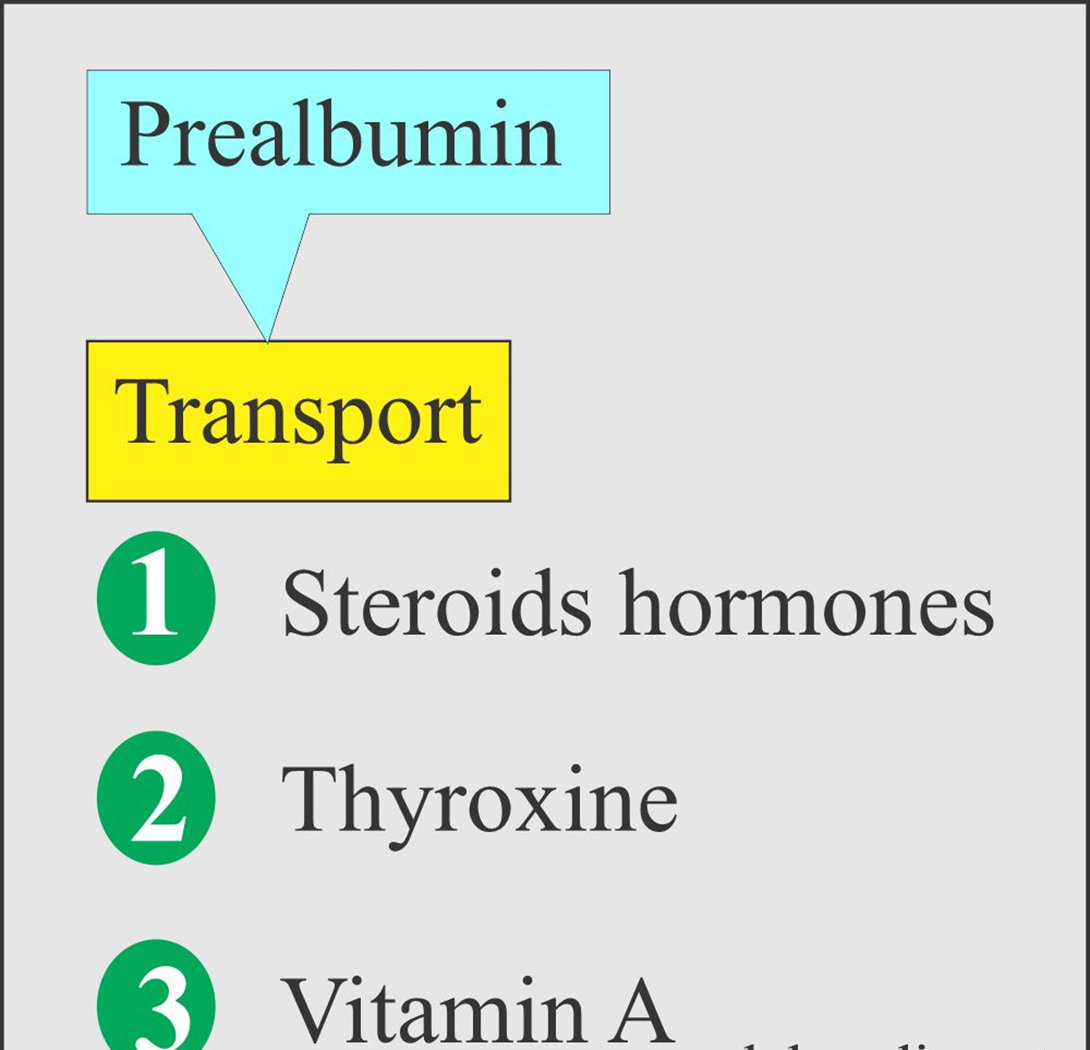A nurse is providing teaching about natural food sources that contain folate to a client who plans to become pregnant. The nurse should identify that which of the following foods contains the highest amount of folate?
1 cup mashed potatoes
1 cup cooked lentils
1 cup cooked green peppers
1 cup cooked carrots
The Correct Answer is B
Choice B reason: Lentils are a rich source of folate, which is a B vitamin that is essential for the development of the neural tube and the prevention of neural tube defects in the fetus . One cup of cooked lentils provides about 358 micrograms of folate, which is 90% of the recommended daily intake for pregnant women.
Choice A reason: Mashed potatoes are not a good source of folate, as they contain only 8 micrograms of folate per cup, which is 2% of the recommended daily intake for pregnant women. Potatoes are mainly a source of carbohydrates, potassium, and vitamin C.
Choice C reason: Green peppers are a moderate source of folate, as they contain 42 micrograms of folate per cup, which is 11% of the recommended daily intake for pregnant women. Green peppers are also a source of vitamin C, vitamin A, and fiber.
Choice D reason: Carrots are a low source of folate, as they contain 24 micrograms of folate per cup, which is 6% of the recommended daily intake for pregnant women. Carrots are mainly a source of vitamin A, beta-carotene, and fiber.
Nursing Test Bank
Naxlex Comprehensive Predictor Exams
Related Questions
Correct Answer is D
Explanation
Choice A reason: Increasing the caloric intake before pregnancy is not an appropriate dietary guideline, as it can lead to excessive weight gain and obesity, which can increase the risk of gestational diabetes, hypertension, and other complications. The nurse should advise the client to maintain a healthy weight and a balanced diet before and during pregnancy.
Choice B reason: Increasing the total intake of seafood to 20 ounces per week is not an appropriate dietary guideline, as it can expose the client to high levels of mercury, which can harm the developing fetus. The nurse should advise the client to limit the intake of seafood to 8 to 12 ounces per week, and avoid fish that are high in mercury, such as shark, swordfish, and king mackerel.
Choice C reason: Decreasing ascorbic acid in the diet is not an appropriate dietary guideline, as it can impair the immune system and the absorption of iron, which are both important for the health of the mother and the fetus. The nurse should advise the client to consume adequate amounts of ascorbic acid, which is found in citrus fruits, tomatoes, broccoli, and other foods.
Choice D reason: Increasing folic acid to 400 micrograms per day prior to getting pregnant is an appropriate dietary guideline, as it can prevent neural tube defects, such as spina bifida and anencephaly, in the fetus. The nurse should advise the client to take a daily prenatal vitamin that contains folic acid, and eat foods that are rich in folate, such as leafy greens, beans, and fortified cereals.
Correct Answer is A
Explanation
Choice A reason: Prealbumin is a protein that is synthesized by the liver and reflects the current nutritional status of the client. It has a short half-life of 2 to 3 days, which makes it a sensitive indicator of changes in protein intake. Prealbumin levels are decreased in clients who are malnourished or have inflammation, infection, or liver disease. The nurse should monitor the prealbumin levels of the client who is receiving total parenteral nutrition to ensure that they are within the normal range of 15 to 36 mg/dL.
Choice B reason: Folic acid is a water-soluble vitamin that is involved in DNA synthesis, cell division, and red blood cell production. Folic acid levels are decreased in clients who have malabsorption, alcoholism, or certain medications, such as methotrexate or phenytoin. The nurse should assess the folic acid levels of the client who is receiving total parenteral nutrition, but it is not the priority test to confirm adequate nutrition.
Choice C reason: Magnesium is a mineral that is involved in many enzymatic reactions, muscle contraction, nerve transmission, and bone formation. Magnesium levels are decreased in clients who have malnutrition, diarrhea, vomiting, or diuretic use. The nurse should evaluate the magnesium levels of the client who is receiving total parenteral nutrition, but it is not the priority test to confirm adequate nutrition.
Choice D reason: Transferrin is a protein that transports iron in the blood and reflects the iron stores of the client. Transferrin levels are decreased in clients who have iron deficiency anemia, chronic disease, or liver disease. The nurse should check the transferrin levels of the client who is receiving total parenteral nutrition, but it is not the priority test to confirm adequate nutrition.

Whether you are a student looking to ace your exams or a practicing nurse seeking to enhance your expertise , our nursing education contents will empower you with the confidence and competence to make a difference in the lives of patients and become a respected leader in the healthcare field.
Visit Naxlex, invest in your future and unlock endless possibilities with our unparalleled nursing education contents today
Report Wrong Answer on the Current Question
Do you disagree with the answer? If yes, what is your expected answer? Explain.
Kindly be descriptive with the issue you are facing.
